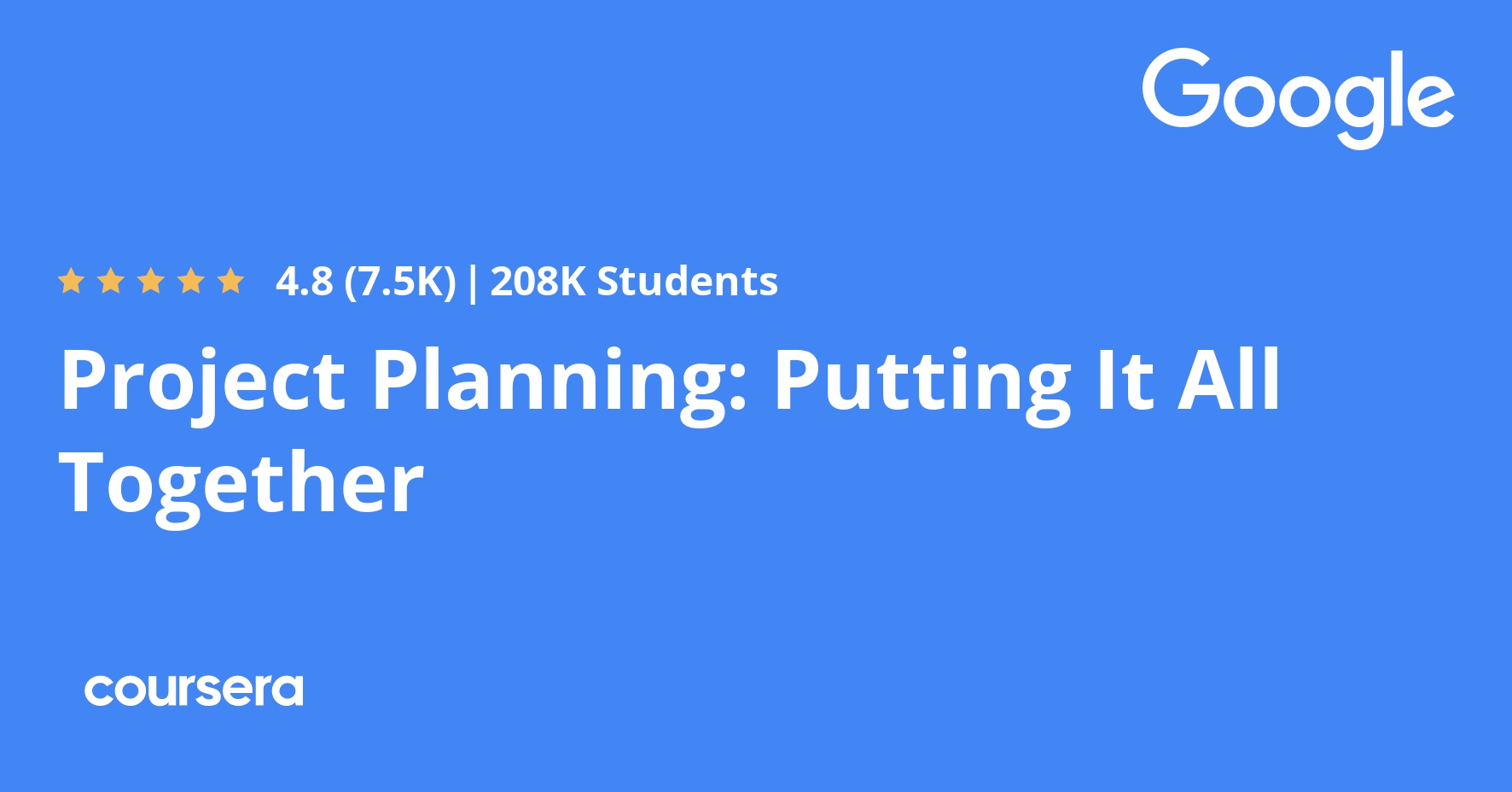Description
People have become more critical of EU policy and often seem to prefer local policy solutions in response to globalisation problems. How do you experience EU policy? Does it help? And if not, how can we change this? In this course, we learn how the European Union prepares and decides on policy, and how policy is transferred to member states and implemented by various authorities, including regional and local governments. We discuss the challenges of the European multi-level governance structure. We also focus on the main causes of policy failure or success. On this journey, we focus on actual policy and present the views of various experts: how easy is it to establish yourself in another EU-country? How do governments make sure that the air you breathe is clean? And who is responsible?
You will be able to do research together in your own local setting. Research on implementation in which you can make comparisons between different countries or areas. If you live outside the EU, this is not a problem. We have developed assignments in such a way that you can do research in your area and compare your findings with others.
This MOOC has been rated as one of the best MOOCs of 2017 and is currently in the Top 50 MOOCs of All Time of Class Central
So, are you curious? Please join: ‘EU policy and implementation: making Europe work’. Watch our trailer video at https://www.youtube.com/watch?v=n3nSN9R3VR4
What you will learn
Welcome to this course
Great that you are joining us! In this course you will learn about the fascinating process of European policy-making and implementation. Before you start studying we invite you to go through our introduction module first. Please introduce yourself on the forum to meet your fellow learners. If you encounter any difficulties while studying, please let us know on the forum. For technical difficulties or questions regarding the course certificate, you can always contact the Coursera Learner Helpdesk. Good luck and we hope you will enjoy studying in this course!
Understanding policy and the European policy process
The course starts by introducing the main concepts such as policy and the policy process, and includes a discussion of what decision-making is. It is shown that in making a decision the decided outcome is not always the most socially desirable state of affairs. This is important to understand in order to appreciate the imperfections of decision-making at the various levels of the European policy process. Furthermore, we explore the European multi-level policy process, as a starting point for the more specialized lectures in the subsequent weeks. In this week, students are also introduced to the policy dossiers to make their choice.
EU Decision-making
Focusing on EU decision-making, the main question is: what can go wrong in the European decision-making process over legal measures? The lectures pay attention to the role of sectoral interests in the EU, and time. Policymakers often seem to be in a hurry, which may impact the choices that are made. Furthermore, in the last lecture we turn our perspective to the international context within which the EU operates. International agreements, for example, can be yet another source for further European legislation.
Transposition
Once legal measures have been adopted, the question arises as to what will happen next? For EU directives, the formal requirements need to be transformed into national legislation by member states. We discuss both a legal and a policy perspective on transposition, which provide rather different perspectives on this work. Adopted legal measures may also require further specification, which brings us to the preparation and adoption of delegated and implementing acts. For these acts the European Commission plays an important role. Finally, we look into the role of the European Commission as an actor overseeing transposition in the member states. Does the Commission act as the ‘guardian of the treaties’?






